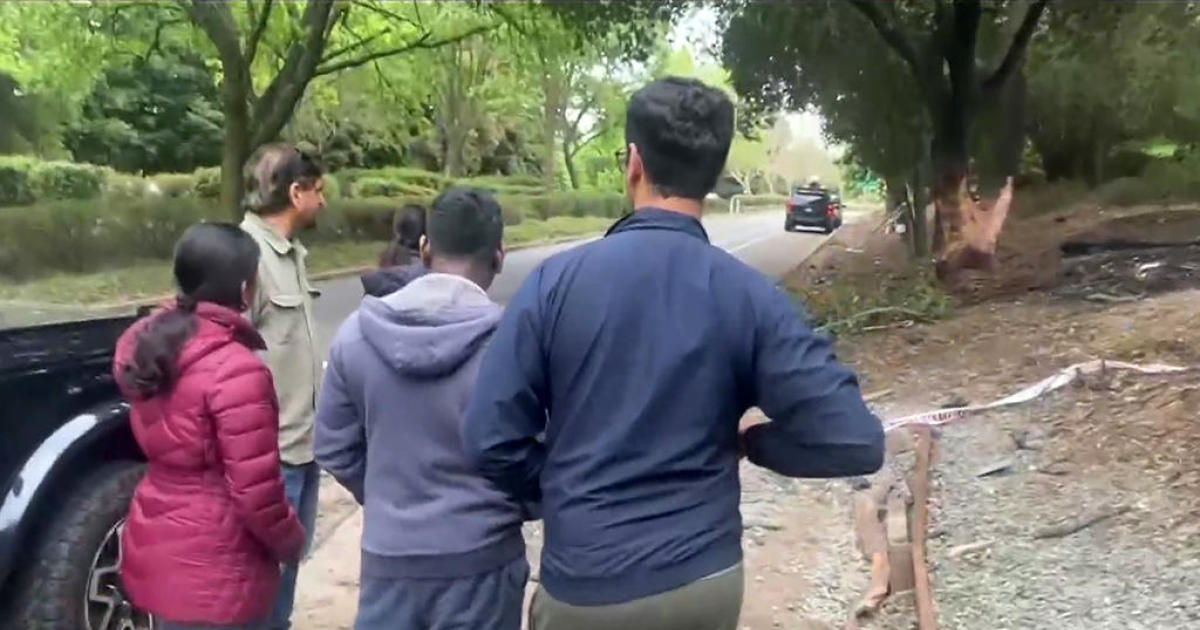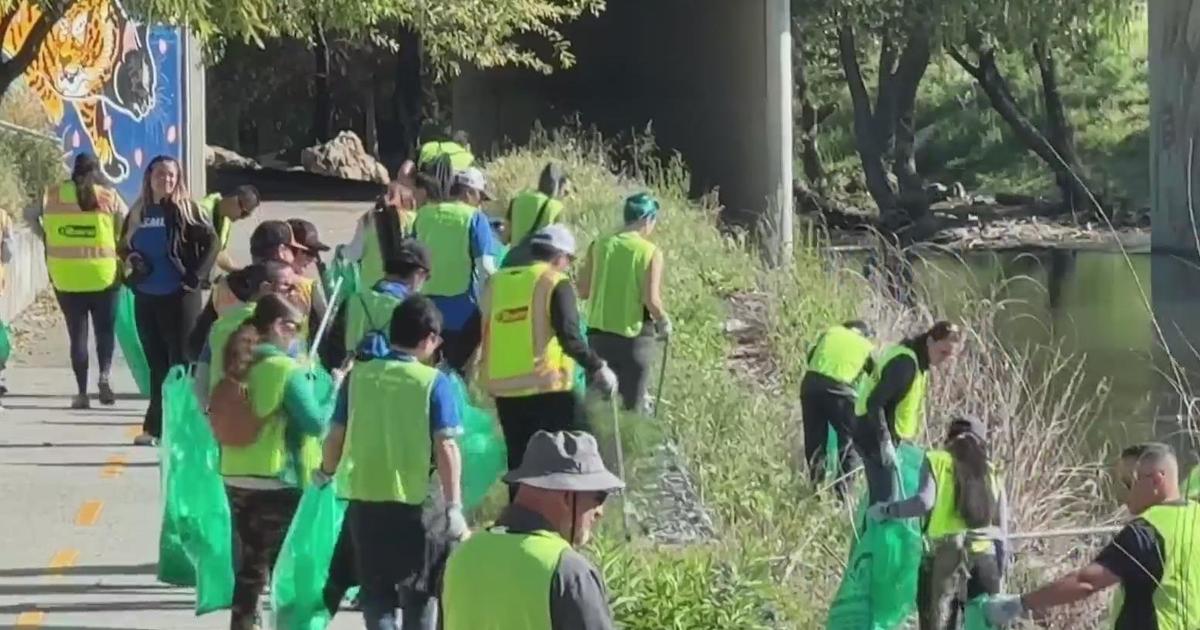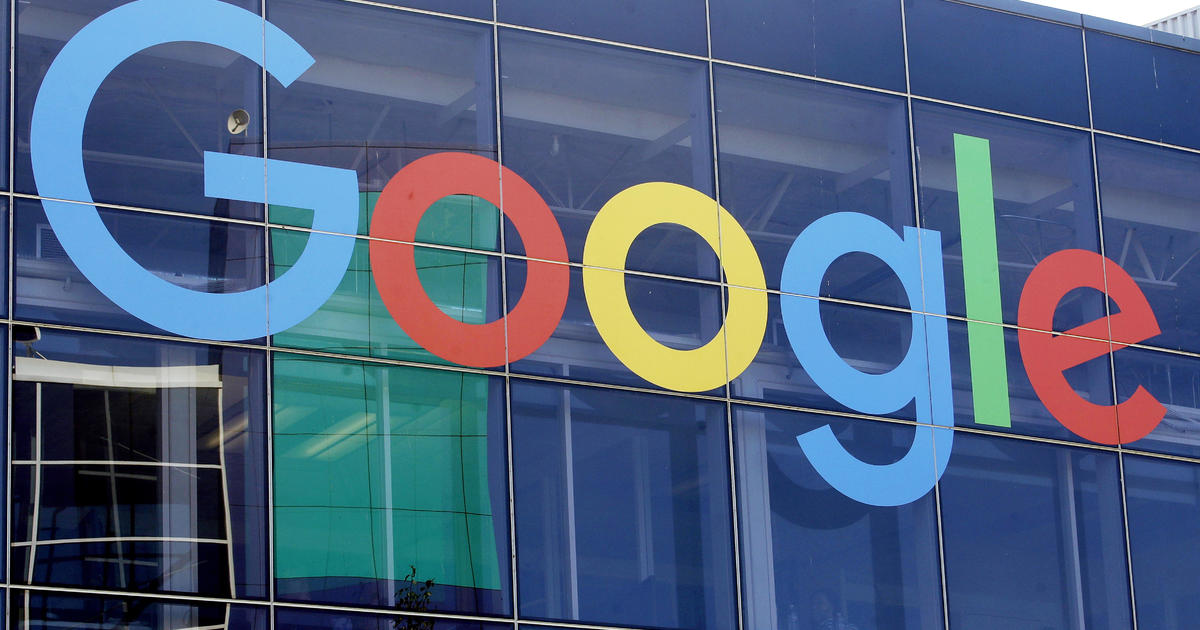'Heart In A Box' Could Provide Breakthrough For Heart Patients Needing Transplant
SAN RAMON (KPIX 5) – For those whose lives depend on getting a heart transplant, the wait for the gift of life can be agonizing.
Unless a donor patient has been declared brain dead, the law requires that doctors wait 5 minutes after the heart stops beating to begin harvesting organs. That's usually too long for a heart to survive. But what if there was a way to revive the heart and keep it beating even after it's been removed from the body? That would be a miracle, and it's a miracle that's coming true.
Normally, donor hearts are packed in ice and rushed to the transplant site with about a 4-hour window of opportunity.
The TransMedics Organ Care transport device is different. Referred to as the "Heart in a Box," it sends electrical signals to revive the heart, and pumps warm blood through it, allowing it to actually beat outside of the body.
"It's providing nutrients and oxygen in the same way that your body would be doing," said Richard Luskin, TransMedic's VP for Organ Procurement. "And so the heart is sort of functioning in the way it would if it was inside your body."
The heart can survive nearly twice as long that way, giving more time for donor networks to connect the organ with someone in need.
"Sometimes distance is an issue the current way we do things," said Janice Whaley, CEO of San Ramon-based Donor Network West. "And so now, with this device, we buy some time and we're able to get the heart to the right recipient."
The Organ Care device is currently undergoing clinical trials to achieve FDA approval. The first Northern California donation using the technology occurred a few weeks ago at Shasta Regional Medical Center in Redding.
Before this, hearts could only be donated from brain-dead patients. The new technology would allow donations from those who die of heart stoppage, rather than just brain death. That means many more can be used and it's estimated it could increase the number of available heart donors by a whopping 30 percent.
That gives new hope to people like Michelle Giannetta of Fresno, who has been on a waiting list for 4 ½ years.
"You hear stories about people who wait forever, it seems like, and then people who seem to immediately receive a heart," she said. "You're kind of like, where do I fit in to that whole story? When's it going to be my turn?"
The human heart is both strong and fragile at the same time. It must keep moving to survive. And by helping that to happen, the "miracle" machine may soon allow more people to continue their own journey, thanks to the gift of life.



